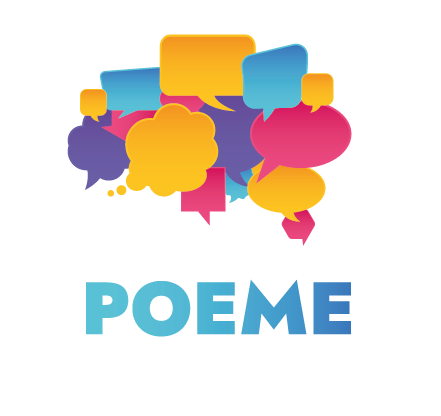Teachers play a very important role in shaping children’s future, as they not only have the task of helping students achieve their academic goals, but also have the power to support and shape them to be good citizens and, overall, good human beings. A good teacher provides education and knowledge and also guidance and support. Teachers can also play a major role in promoting the integration of migrant children in their host countries, by fostering intercultural understanding and helping native and migrant students overcome cultural differences.
In this context, the POEME project aims to involve teachers in non-formal education, in aspects such as teaching migrant children the language of the host country and also introducing them to elements of the cultural heritage of the countries of the partnership. To do so, teachers can adopt the following pedagogical practices, which have the potential to improve student achievement and integration:
- Engaging in and promoting collaborative practices in class;
- Using creative and interactive approaches;
- Taking advantage of peer learning;
- Providing formative feedback;
- Self-study (examine one’s own practice to improve it);
- Autoethnography (analyse social, cultural and political issues through a personal lens);
- Action research (interactive inquiry process which helps identify challenges and possible solutions for them);
Teaching as inquiry (teachers continuously inquire into the impact of their teaching on student learning, making changes to improve it).

By striving to adopt these approaches, teachers can continuously reflect on their own practice and adopt different measures in order to enhance not only student learning but also their social and cultural integration.
References:
- Lipnickienė, K., Siarova, H. and van der Graaf, L. (2018). Sirius Watch 2018 Role of non-formal education in migrant children inclusion: links with schools. European Commission.
- Earl, K. & Ussher, B. (2016) ‘Reflective practice and inquiry: Let’s talk more about inquiry’, Teachers and Curriculum, 16(2), pp. 47-54
- Photos by Freepik at https://www.freepik.com/photos/work





